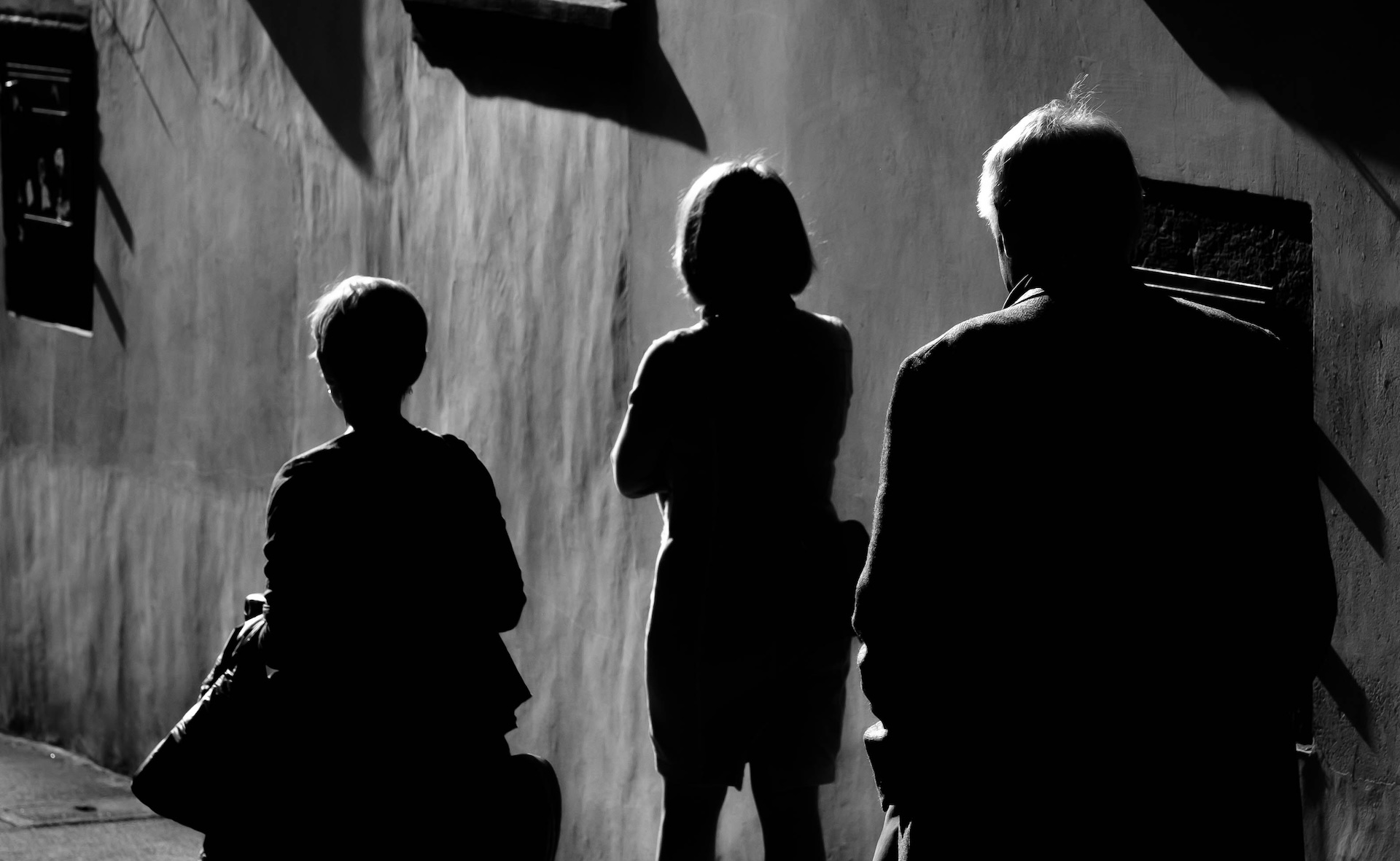A benefits “trap” is forcing young people experiencing homelessness out of work, campaigners and charities have warned.
Thousands of young people are finding that their housing benefit is tapered faster than their income is rising when they start to earn more. This leaves them with less overall income and often unable to afford the essentials.
More than 140 organisations have come together to urge the government to overturn the outdated benefit rules.
- Council tax debt collectors ‘significantly harming’ health of those struggling to pay, report finds
- Most universal credit claimants are behind on bills or facing debt, DWP’s own research finds
Campaign group #PlanForThe136k has written an open letter to chancellor Rachel Reeves asking for the removal of the benefit trap that homeless young people in supported accommodation face when working.
#PlanForThe136k includes charities such as Centrepoint and the YMCA, and groups such as the National Housing Federation. It draws its name from the almost 136,000 young people in the UK who faced homelessness last year.
Leon Ward, chief executive of the financial education charity mybnk said: “We see firsthand how young people in supported accommodation face an unjust benefit trap that penalises them for working.





